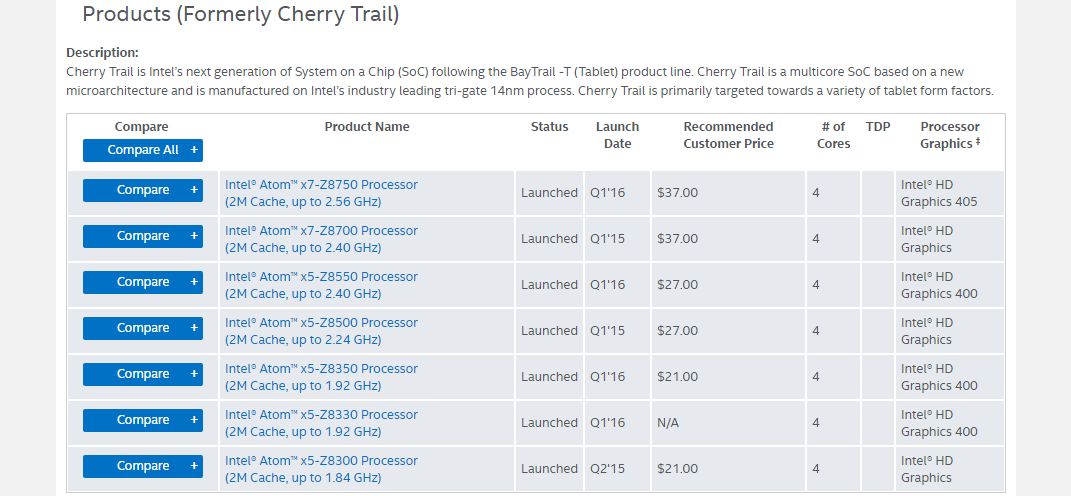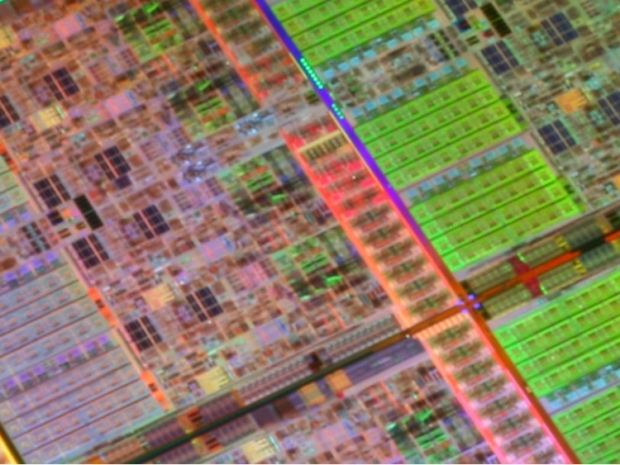Apollo Lake was developed under the Goldmont codename and it promised that it should end up 30 percent faster than Braswell, the current 14nm SoC for mini PCs, tablets and entry level notebooks.
Apollo Lake comes with the 9th generation Graphics, similar to the one found in Skylake processors, supporting DirectX 12, Open GL 4.4, Open GL ES 3.2 and Open CL 2.0.
The new chip supports DDR3L/LPDDR3 at 1866 MT/s or LPDDR4 up to 2400 MT/s, and the fastest, called Pentium J4205, works between 1.5GHz and 2.6GHz as the maximal clock. It has 2MB cache, four cores and four threads, 10W TDP and Intel HD graphics 505. This is the desktop version and it will sell for $161.
The next is the Intel Celeron Processor J3455 with 2MB cache and four cores up to 2.3GHz and this will sell for $107. Last on the Apollo Lake desktop list is the Intel Celeron Processor J3355, a dual core with 2MB cache and clock speeds up to 2.5GHz. it will sell for $107 and has the same 10 W TDP.
The fastest mobile Apollo Lake is Pentium N4200. It runs at 1.1GHz to 2.5Ghz, has 2MB RAM, four cores and four threads, Intel HD 505 graphics and 6W TDP. This sells for $161 and that sounds kind of expensive to us.
Next is is the Celeron Processor N3350 with 2MB cache and clock speeds up to 2.4GHz, two cores and 6W TDP, selling for $107. The last Apollo Lake is the Celeron Processor N3450 with 2MB cache and 2.2 GHz and this is another quad core with 6W TDP selling for $107.00.
This should not be seen or confused with Cherry Trail Atom, also known as the Atom X7 and the Atom X5 branded processors. The successor to Cherry Trail was codenamed Willow Trail and the company also had a Broxton smartphone chip and SoFIA MID.
Intel told us back in April that both of these were cancelled. It remains to be seen how the manufacturers fill in the void in the mini PC market now that Intel has halted tablet chip manufacturing.




